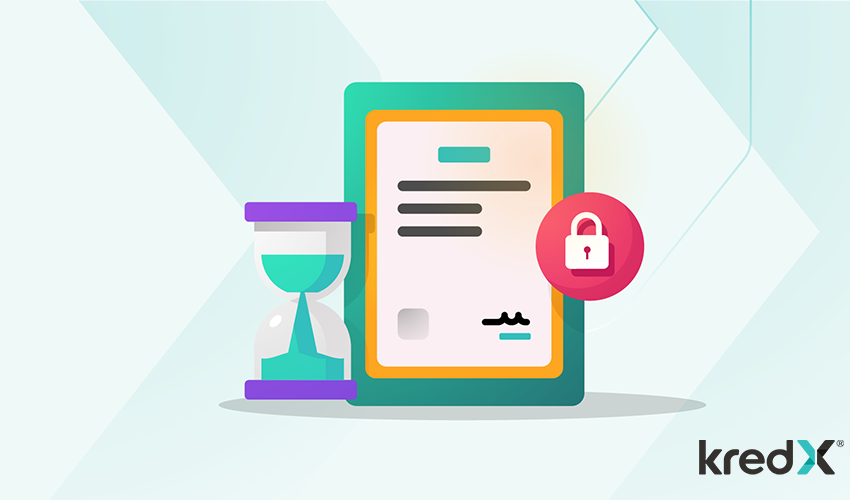
Bonds: The Basics and More
Simply put, a bond is a contractual agreement between a borrower and lender. The issuing company borrows money from the lender, or bondholder, with an obligation to pay interest on the principal amount.
In this case, the investor who is a lender enters a formal agreement where the borrowed money will be repaid by the issuer at fixed intervals, like monthly, half-yearly or annually.
Just like stocks, bonds are capital market securities too. Although, the differentiating factor between the two is that bondholders have a creditor stake in the company, while stockholders hold equity. In other words, bondholders are lenders with predetermined interest rates and maturity periods, while stockholders obtain ownership status with indefinite benefits and returns.
The Bonds Market of India
Let’s take a quick dive into the broad categories of bonds available for investing in India:
Fixed-Rate of Interest Bonds
Most State and Central Government bonds fall under the fixed rate of interest bonds, with a predefined interest rate and repayment schedule at issuing. Such bonds are considered secured bonds. Even corporates sometimes issue such bonds, but they can either be secure or unsecured.
Such bonds can be purchased through stock exchanges or RBI retail direct schemes available on the Central Bank website.
Accrual Bonds
Accrual bonds are also called Zero-Coupon Bonds. Such bonds don’t work on interest but instead are made available at deep discounts to their face value at the time of issuing. On completion of the investment tenure, the bond issuer will redeem the bond at full face value, delivering a profit.
Treasury Bills in India are issued using this method.
Floating Rate Bonds
Unlike regular bonds, these bonds have a variable or floating interest rate. Their interest rate is linked to a benchmark market rate of lending interest rate, which gets reset at regular intervals.
Sovereign Gold Bonds
The government of India issues Sovereign Gold Bonds in the form of security. These bonds work best for those who want to invest in gold without actually taking delivery. The bonds are issued and redeemed at the then rate of gold as per the Indian Bullion and Jewellers Association (IBJA).
These bonds are issued quite frequently, and investors can access them in specific banks and stock exchanges.
Tax-Free Bonds
Such bonds are issued by the government for fulfilling a specific purpose. Infrastructure Companies like NHAI, SIDBI, NABARD, etc., issue these bonds and present an opportunity to earn some tax-free income. The interest earned is exempted from taxation under sec 10(15) of the IT Act, 1961.
Tax-Free Bonds are issued through notifications in the official Government Gazette.
Bonds vs Stocks
Bonds and shares are the two most popular asset types of the investment world.
Bond investment can be made via primary markets like subscribing to the public issue of more giant corporations or secondary markets by purchasing bonds on exchanges. Bonds are generally illiquid until maturity, but one can prematurely sell them in the secondary market if needed. Also, a bondholder depends on the issuer for repayment, and hence it’s essential to confirm the credit history of the issuer.
Stocks, on the other hand, are unpredictable in nature. The complete viability of investment depends on the ongoing performance of the company. The most significant difference between a bond and a stock lies in generating profit for an investor. With stocks, an investor waits for the valuation to rise to sell them, which can go either way, and the waiting period cannot be defined. As for bonds, they work on a fixed interest over a fixed time model. Though bonds can be considered more secure, the profits from shares can be way higher if invested in the right company at the right time.
Why are bonds a great addition to your portfolio?
Predictable Returns
Bonds provide dependable income at fixed, regular intervals as per the signed contract.
Preserving Capital
Since the bondholder gets the entire principal amount on maturity, bonds also help in preserving one’s capital.
Diversity
Bonds prove to be a great addition to an investment folio. An investor gains steady and assured benefits while diversifying the portfolio when choosing the appropriate bond.
Duration
Compared to traditional investment options like FDs or debt mutual funds, bonds offer a shorter maturity period and more flexibility in deciding terms of pay-outs. In other words, returns are more prompt than traditional investment options.
How to Invest in Bonds?
Depending on which type of bond best suits an investor’s investment requirements, there are different ways to invest in bonds. For government bonds, an investor needs to visit the online NSE portals or approach a broker to help them out.



